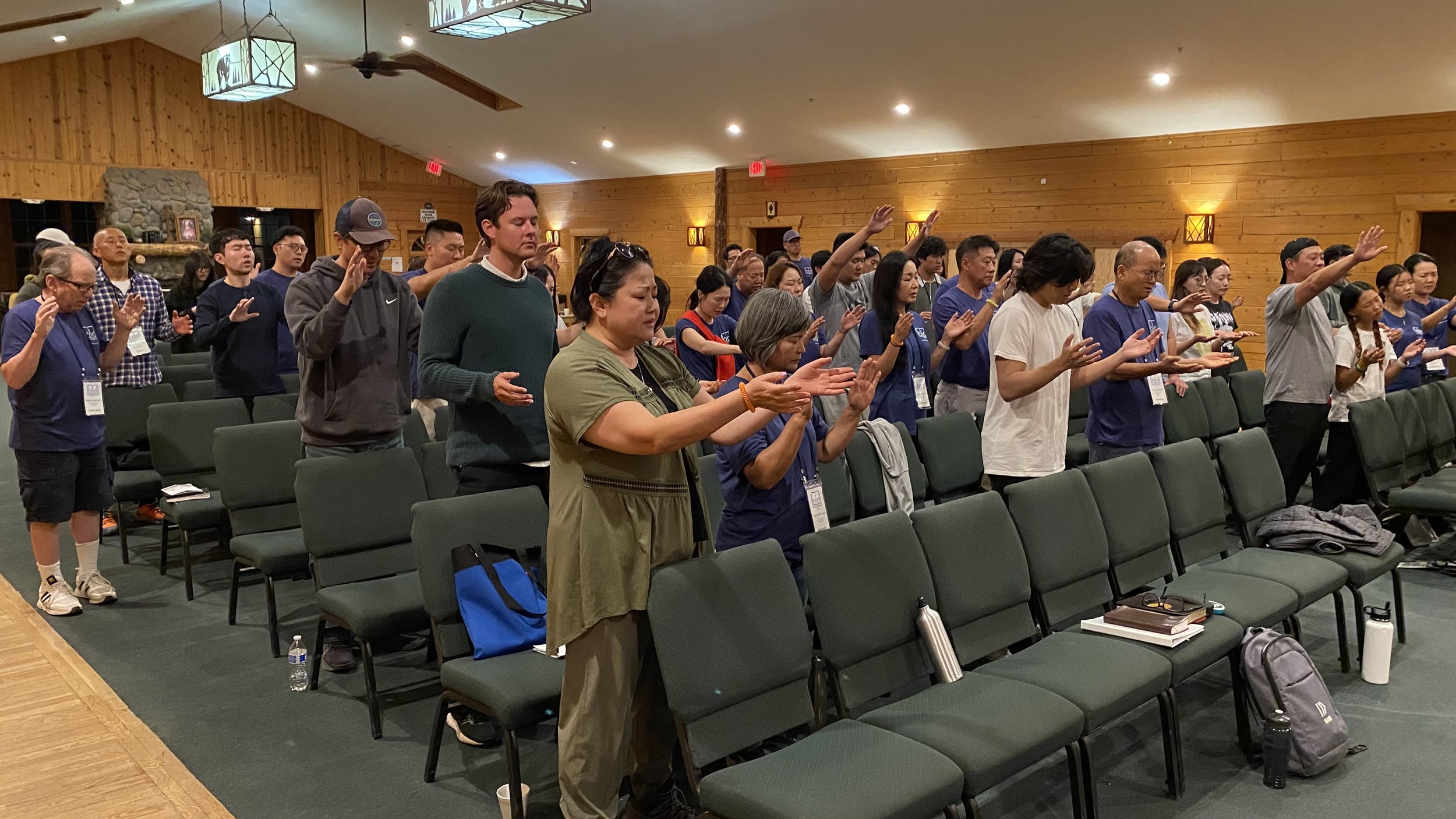Let’s Worship
7 min read
22 The chief officer of the Levites in Jerusalem was Uzzi son of Bani, the son of Hashabiah, the son of Mattaniah, the son of Mika. Uzzi was one of Asaph’s descendants, who were the musicians responsible for the service of the house of God. 23 The musicians were under the king’s orders, which regulated their daily activity.
— Nehemiah 11:22-23
Music plays such a crucial role in the worship of God. Most scholars recognize that the songs that the people of God used for worship came from the Psalms. In today’s language, the Psalms comprise a hymnbook.
Some scholars go so far as to say that the Psalms unfold the revelation of God’s salvation history. And I think that is true and significant because the Psalter begins with talking about how blessing comes from living out God’s word and closes with a string of “hallelujah” psalms.
Of course, we treat the Book of Psalms as inspired Scripture, and we read, preach, and study the psalms as such. But we don’t sing the psalms as the Israelites did. It makes sense to me, however, that the songs churches sing today should parallel the expressions of faith found in the Psalms. And I believe that most of the songs we sing do that.
The songs that the ancient Israelites sang to worship the LORD were administered, arranged, and performed by the Levites under the authority of the king. They were songs for the community with which to worship God.
But the world has made music into a commodity with which to serve people’s individual needs on demand. Because of that (perhaps-probably), personal taste in music plays a much larger role in community worship—so much so, that people will not attend a worship service because they cannot stand the music. I’m talking about Christians, here.
Such an option for such a reason would have been unthinkable until pretty recently.
And here’s the thing. The objections don’t really have to do with the songs themselves, but the style of music. And the objections to the style really don’t have to do with having drums and electric guitar or not having drums and electric, but the “groove/vibe” of the music, which shifts generation to generation, community to community even.
In other words, what tends to disunify people in music is what tends to disunify people generally, which is usually generational.
And on top of all the potential distraction of stylistic preferences, there is the desire or demand for skillful performance. And so, when it comes to church music, the pressure on the worship leader and the congregation and the pastor can be pretty heavy.
Of course, I am assuming here that every Christian’s primary interest is in blessing God! And what blesses God the most is when His people are in unity (Psalm 133).
So the pressure on the worship leader is to put aside his or her personal preferences and offer songs (to the best of his or her sensitivity) that at the very least will not discourage anyone. (Why that might even happen is the work of the devil!). The pressure on the congregation is to set aside personal preferences and unite with others in praising Father, Son, and Spirit, especially when a person doesn’t “enjoy” a particular song. And the pressure on the pastor is to model what both the worship leader and congregation are supposed to do and strive toward peace and unity in our worship, especially when the first two things may not be happening.
By the way, I am not writing this blog because any specific conflict is happening with our music ministry. This passage just reminded me of all the things I did wrong when I was a worship leader. When I became a worship leader, I did not understand any of this. No one had taught me how to be a worshipper, let alone a worship leader.
The devil is always trying to incite worship wars in every church. That ought to make us angry and fight back with love, joy, peace, patience, kindness, goodness, gentleness, faithfulness, and self-control.
Father, You have given us the gift of music. How I wish I could hear the songs of the great assembly in the temple. But then, maybe I would not have liked it. Lord, bring us into unity in the Spirit, so that the songs we sing will bless Your heart and build up this Canvas family. In Jesus’s name. Amen.

